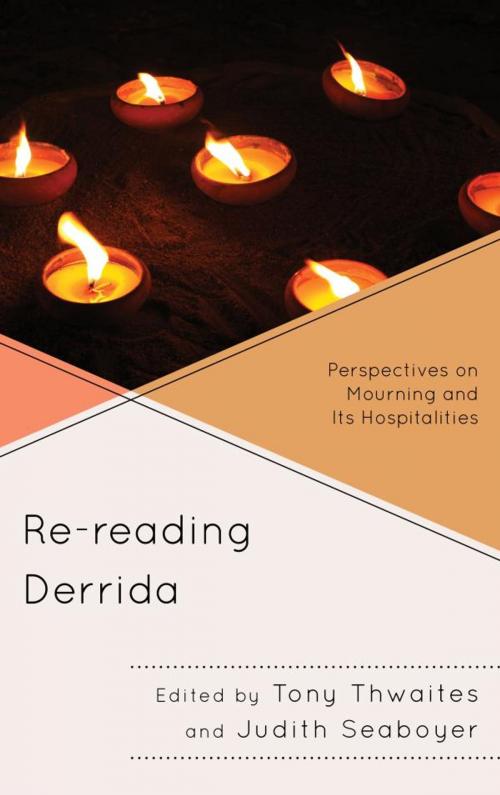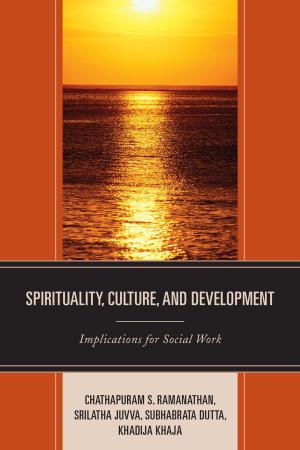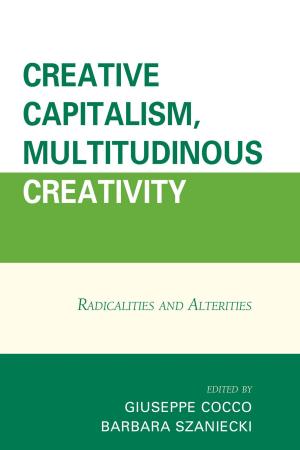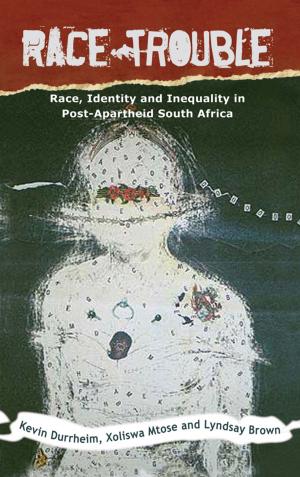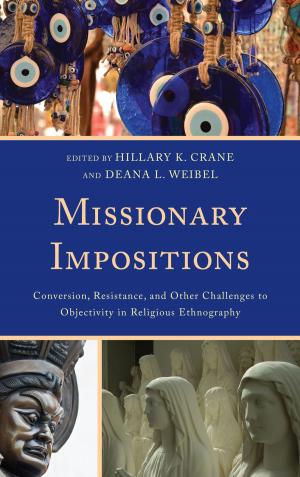Re-reading Derrida
Perspectives on Mourning and Its Hospitalities
Nonfiction, Health & Well Being, Psychology, Psychoanalysis, Fiction & Literature, Literary Theory & Criticism, Poetry History & Criticism, Theory| Author: | ISBN: | 9780739177266 | |
| Publisher: | Lexington Books | Publication: | March 8, 2013 |
| Imprint: | Lexington Books | Language: | English |
| Author: | |
| ISBN: | 9780739177266 |
| Publisher: | Lexington Books |
| Publication: | March 8, 2013 |
| Imprint: | Lexington Books |
| Language: | English |
Re-reading Derrida: Perspectives on Mourning and its Hospitalities, edited by Tony Thwaites and Judith Seaboyer, is a unique collaborative exploration of the legacies of the late philosopher, Jacques Derrida, across a wide variety of fields.
Anchoring the book are two major essays on mourning by two of the best-known Derridean thinkers today, who were close friends of Derrida: J. Hillis Miller and Derek Attridge. Each of the other essays has been written to respond to these, and—in a novel move—to at least two of the other contributions. As a result, the very form of the book is a way of exploring the thematics of hospitality, and the ways in which disciplines open themselves to one another, extending lines of flight across the archipelagos of knowledge—the politics of the memorial, poetry, trauma, film, neoliberalism, the novel, and psychoanalysis. Throughout the book themes and concerns recur, each time refracted, developed, and questioned under the pressures of new conjunctures.
As the editors’ Introduction argues, what the book seeks to show is not that a certain general body of theoretical work can be applied in all sorts of areas, but something more interesting: that from the outset, theoretical work itself takes on its meaning only in its grappling with the specific, the singular, even the unique. Miller’s and Attridge’s essays have at their heart, after all, the loss of a friend.
Re-reading Derrida: Perspectives on Mourning and its Hospitalities, edited by Tony Thwaites and Judith Seaboyer, is a unique collaborative exploration of the legacies of the late philosopher, Jacques Derrida, across a wide variety of fields.
Anchoring the book are two major essays on mourning by two of the best-known Derridean thinkers today, who were close friends of Derrida: J. Hillis Miller and Derek Attridge. Each of the other essays has been written to respond to these, and—in a novel move—to at least two of the other contributions. As a result, the very form of the book is a way of exploring the thematics of hospitality, and the ways in which disciplines open themselves to one another, extending lines of flight across the archipelagos of knowledge—the politics of the memorial, poetry, trauma, film, neoliberalism, the novel, and psychoanalysis. Throughout the book themes and concerns recur, each time refracted, developed, and questioned under the pressures of new conjunctures.
As the editors’ Introduction argues, what the book seeks to show is not that a certain general body of theoretical work can be applied in all sorts of areas, but something more interesting: that from the outset, theoretical work itself takes on its meaning only in its grappling with the specific, the singular, even the unique. Miller’s and Attridge’s essays have at their heart, after all, the loss of a friend.
